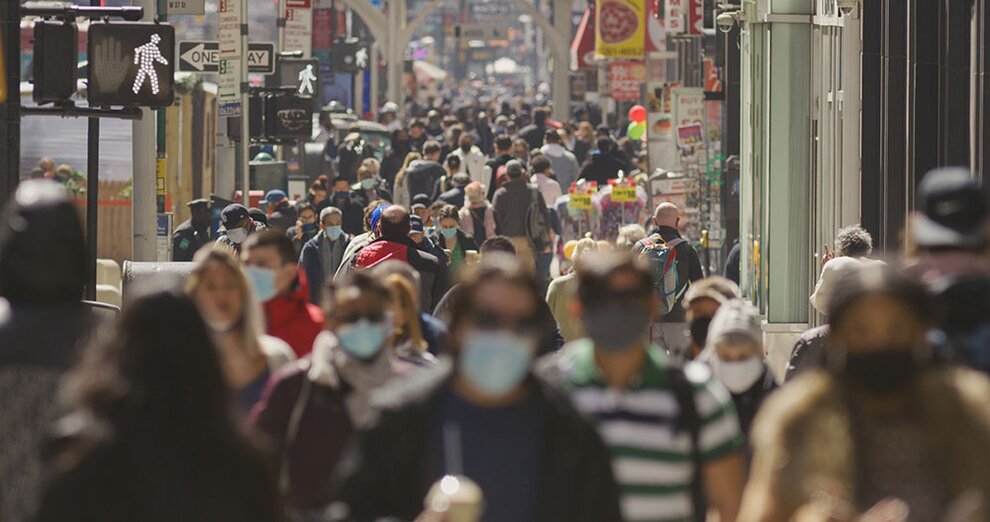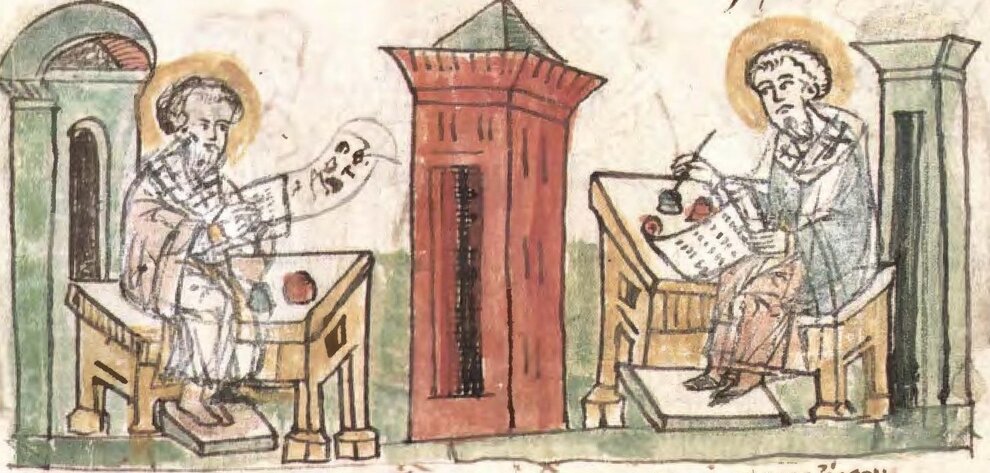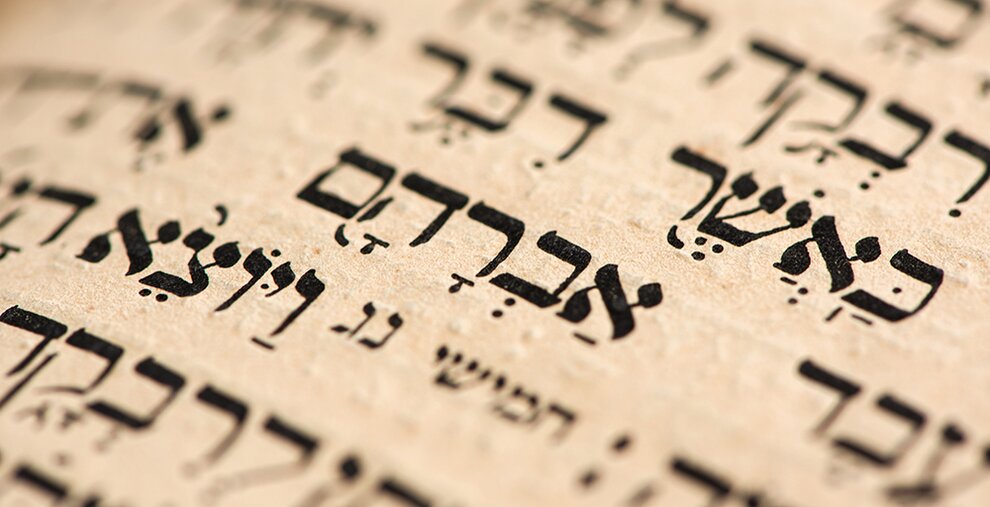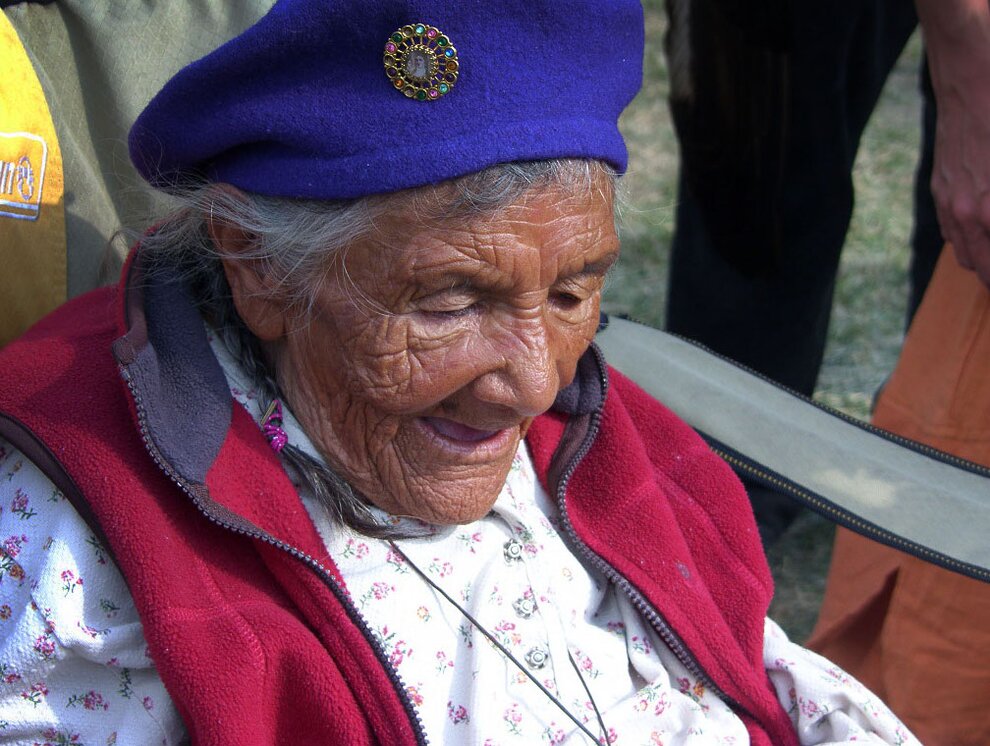Black Atlantic Historiographies
Study Days MCTM-CESSMA
Thursday
07
Dec.
2023
Friday
08
Dec.
2023
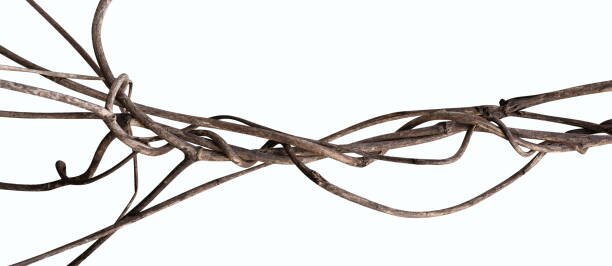
Venus Kaewyoo
Programme (FR)
Jeudi 7 décembre
Université Paris Cité, bâtiment Olympe de Gouges, salle 209
9h Accueil café
9h30-13h : Une historiographie noire ? Brésil, États-Unis, Haïti
- Hebe Mattos, (Universidade Federal de Juiz de Fora/Universidade Federal Fluminense, LABHOI)
Le Brésil dans l'historiographie noir-atlantique: esclavage et liberté noire, race et racisme dans l'écriture de soi chez André Rebouças (1838-1898). - Marie-Jeanne Rossignol (université Paris cité, LARCA) et Michaël Roy (Université Paris Nanterre/IUF)
Une anthologie de la pensée noire (États-Unis/Haïti, XVIIIe-XIXe siècles), pour quoi faire ? Préoccupations du présent, rappel d'une longue tradition intellectuelle. - Claire Parfait (Université Sorbonne Paris Nord, Pléiade), Andy Cabot (Université Paris-Cité, LARCA) et Fatma Ramdani (Université de Lille, CECILLE)
Historiographies Noir-Atlantiques : le cas des historiens africains-américains.
Discussion : Matthieu Renault (en zoom)
14h30-17h : Figures et motifs de l’Atlantique noir comme modèle historiographique.
- Takayuki Nakamura (Université de Waseda, Tokyo, invité au CESSMA)
En quête des traces des voix disparues : les écrivains et musiciens noirs et la transmission du passé de la traite et de l’esclavage - Antoine Guégan, Docteur en études cinématographiques, Université Paris-Est.
Représenter le Passage du milieu au cinéma : la nécessité de lier passé et présent pour mieux s’affirmer - Aurélia Michel, Université Paris Cité, CESSMA
I am through with passing. Régimes d’historicité noir-atlantiques avec Tavares Strachan
Discussion : Didier Nativel, Université Paris Cité, CESSMA.
Vendredi 8 décembre
FMSH, 54 bd Raspail, salle B1-01
9h30-13h : Radicalisations de l’histoire dans l’espace atlantique noir
- Amzat Boukari-Yabara (en zoom)
L’historiographie panafricaine de Walter Rodney (1942-1980) - Camille Martinerie, AMU
Décoloniser l’histoire en Afrique du Sud après l’apartheid. Précurseurs, enjeux et débats - Nicki Frith, University of Edinburgh
Decolonized Transformations: Creating a Reparatory Justice Vision at the University of Edinburgh - Norman Ajari, University of Edinburgh
Une ontologie dans l’histoire : sur la tradition radicale noire
Discussion : Aurélia Michel
Published at 7 November 2023






